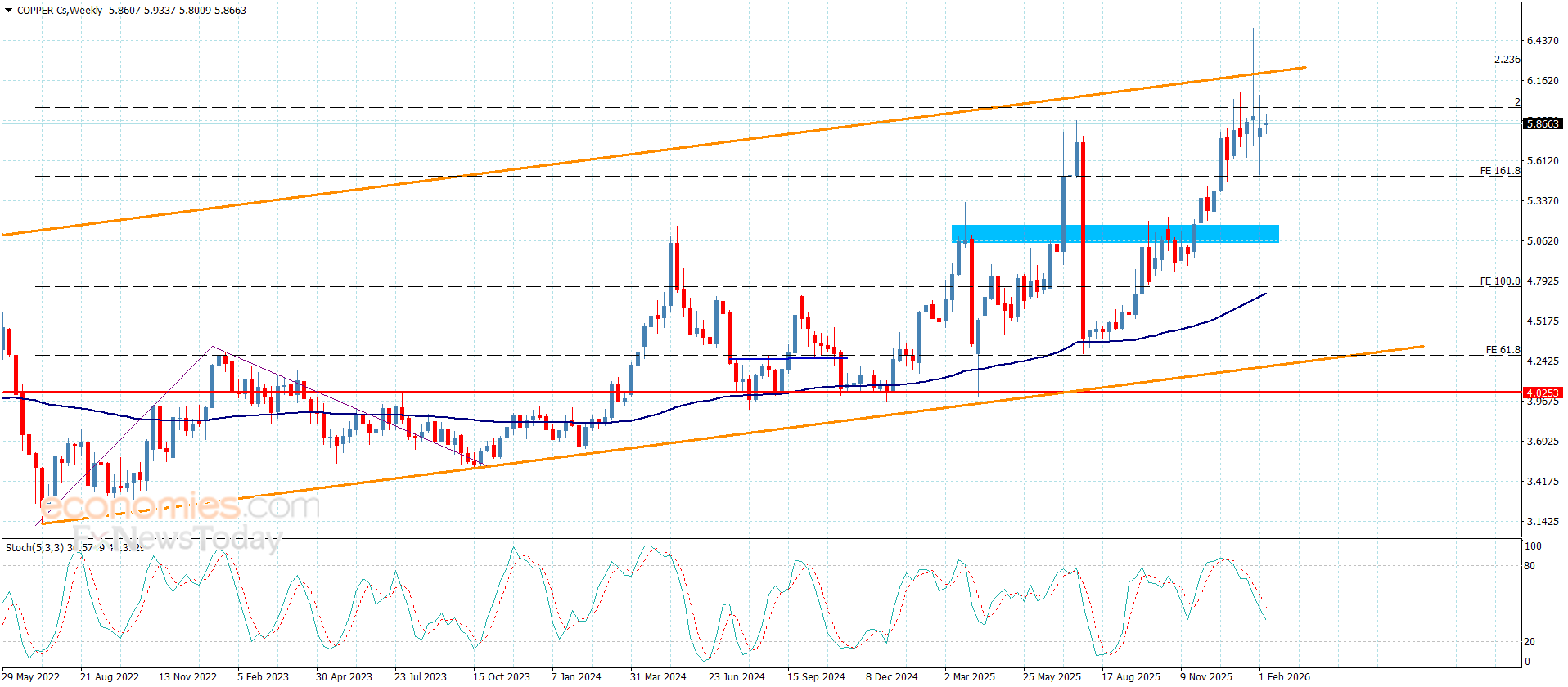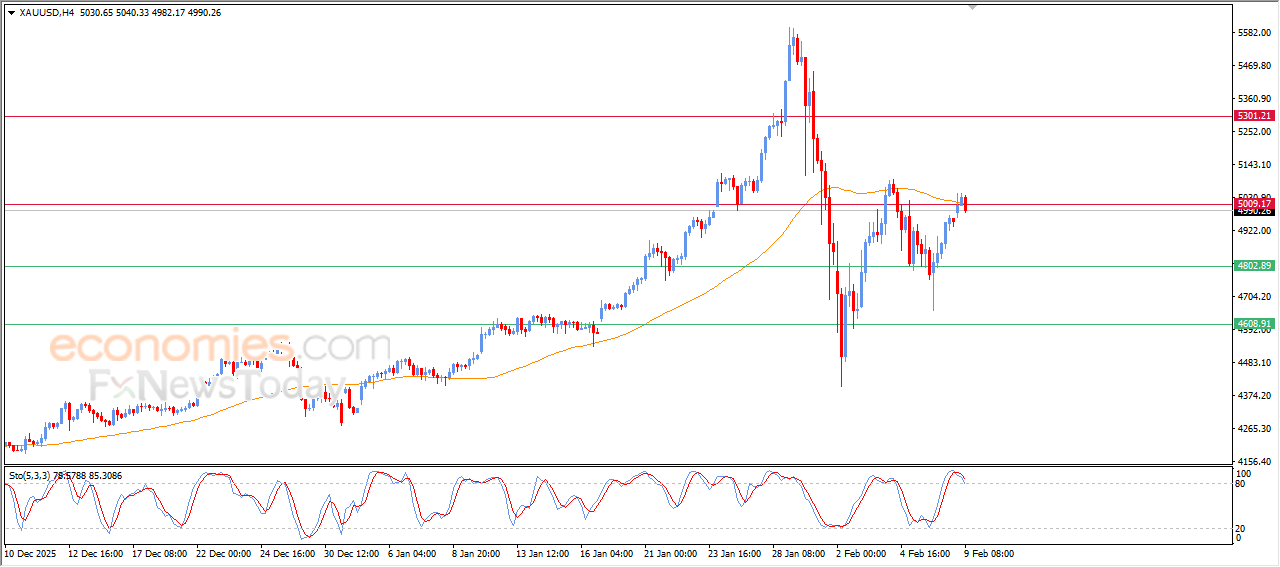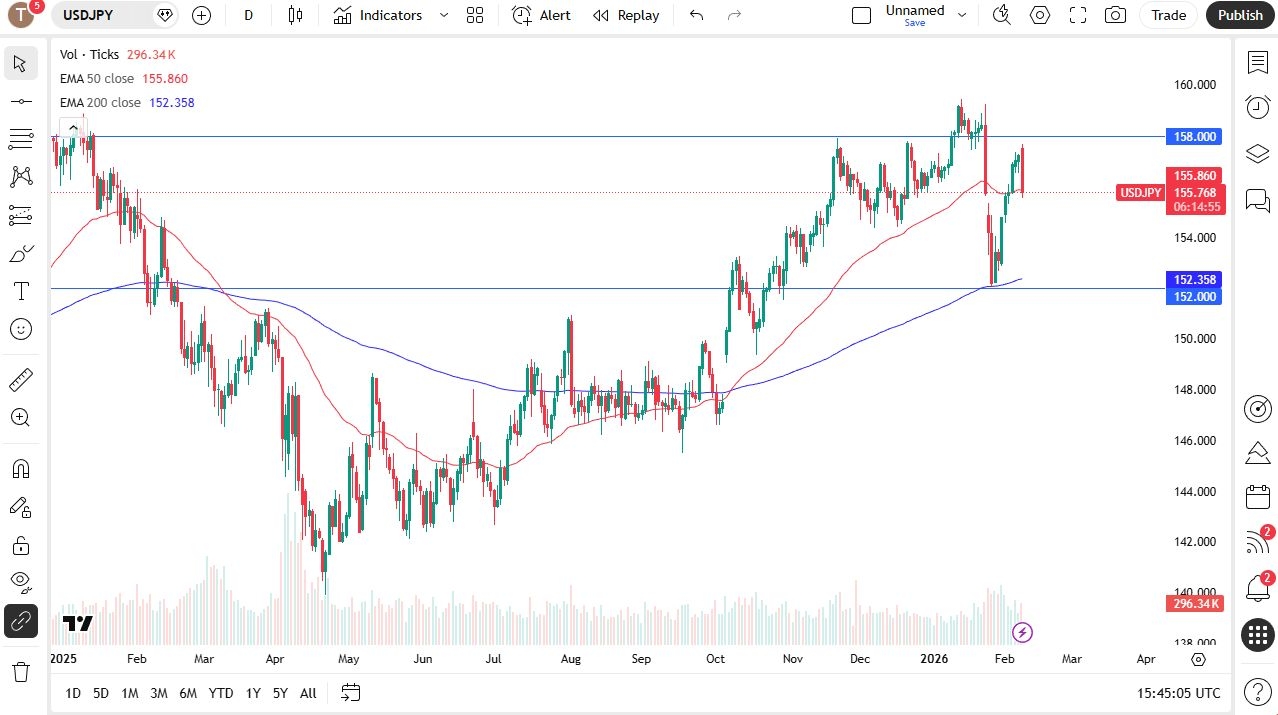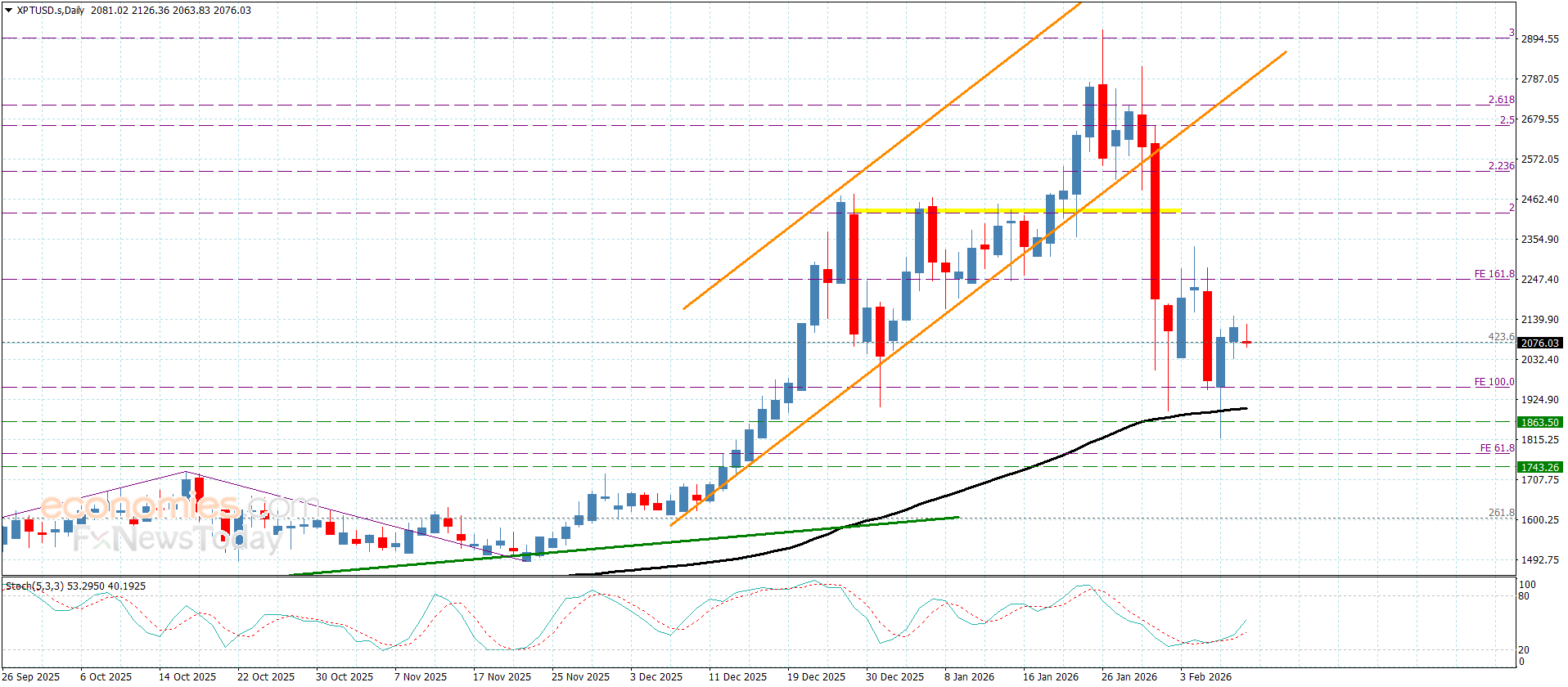Google Play Crypto Rules Block DeFi Apps in Major Markets
Google Play has introduced new crypto-related policies that may prevent decentralized finance (DeFi) applications, particularly decentralized exchanges (DEXs), from operating in the United States, the European Union, and other major jurisdictions [1]. The updated rules reportedly prohibit the use of in-app purchases for crypto assets and restrict the facilitation of peer-to-peer transactions, which are core features of many DeFi platforms. This move aligns with broader regulatory pressures to bring digital assets under stricter oversight but raises concerns about the impact on innovation and user access in the DeFi space. Developers of DEXs and other decentralized platforms may now struggle to maintain a presence on Google’s app store in key markets, potentially driving users toward less regulated or alternative distribution channels.
The new rules require crypto developers to obtain banking or financial service licenses in major jurisdictions, including the U.S., EU, Canada, U.K., Japan, South Korea, and others [1]. For instance, in the U.S., developers must register with FinCEN as a Money Services Business or a chartered banking entity. In the EU, they must register as a virtual asset service provider under the MiCA regulations. These requirements apply to both custodial and non-custodial wallet apps, which could significantly limit the availability of open-source DeFi wallets on the Play Store [1].
The lack of distinction between centralized and decentralized exchanges in Google’s guidelines is a critical issue for DeFi platforms [1]. Unlike centralized exchanges, many DeFi platforms operate in a trustless, permissionless manner and often lack a traditional corporate structure that can obtain the required regulatory licenses. As a result, platforms like Uniswap or PancakeSwap may soon be delisted from Google Play, making them accessible only via web browsers [1]. This shift could undermine the user experience and adoption of DeFi tools, especially in regions where app store access is a primary gateway for many users.
These policy changes coincide with a broader regulatory crackdown on the crypto industry. In July 2025, the U.S. passed the GENIUS Act, a piece of legislation aimed at promoting innovation while ensuring compliance with financial regulations [2]. The law has spurred the adoption of stablecoins, a domain where Ethereum dominates with a 58% market share. However, the Google Play restrictions could hinder the ability of DeFi protocols to interact with Ethereum-based infrastructure, limiting the utility of decentralized platforms in regions where app store distribution is a primary access point for users.
Beyond regulatory challenges, the DeFi sector has also faced security vulnerabilities. For example, in early August 2025, a Bitcoin-based DeFi project, ODIN•FUN, suffered a $7 million hack. Attackers exploited price manipulation in its SATOSHI token, drained liquidity pools, and locked user funds before the platform suspended trading [3]. Such incidents underscore the volatility and risks associated with DeFi, potentially reinforcing the rationale for tighter controls by app store operators like Google.
The legal landscape is also shifting, as seen in the recent Roman Storm verdict, which marked a significant development in DeFi-related prosecutions [4]. Storm was charged with multiple offenses, including money laundering, sanctions violations, and operating an unlicensed money transmitting business. The case highlights the growing legal risks for individuals and platforms involved in DeFi activities that may not align with existing financial laws.
Infrastructure providers are stepping up efforts to secure DeFi ecosystems. Chainlink, for example, has secured over $93 billion in decentralized applications by enabling smart contracts to access real-world data and interact across different blockchain networks [5]. This kind of technological advancement is critical for DeFi to function effectively in a more regulated environment.
Despite the challenges, some industry participants remain optimistic. Upexi, a company involved in the DeFi space, has seen its stock rise nearly 90% year to date, reflecting investor confidence in its DeFi expansion strategy [6]. The company’s growth indicates that demand for DeFi-related services remains strong, even as regulatory and operational hurdles persist.
In conclusion, Google Play’s new crypto rules represent a pivotal moment for DeFi applications, particularly those that rely on in-app distribution channels in major markets. The impact of these changes will depend on how developers adapt to the evolving regulatory and technical landscape. As the DeFi ecosystem continues to mature, it will need to navigate not only technological innovation but also the growing weight of regulatory expectations.
— [1] Google Play’s new crypto rules could lock DeFi apps out of major markets
https://crypto.news/google-plays-new-crypto-rules-could-lock-defi-apps-out-of-major-markets/ [2] Ethereum’s 2025 Price Target and ETF-Driven Momentum
https://www.ainvest.com/news/ethereum-2025-price-target-etf-driven-momentum-structural-bull-case-digital-economy-2508/ [3] $7M Crypto Hack Hits Bitcoin DeFi Project ODIN•FUN
https://coinstats.app/news/fbea7392a6b4155****6162b8fcf5256854c3dfa355c1338346a563763482c19_7M-Crypto-Hack-Hits-Bitcoin-DeFi-Project-ODINFUN [4] Roman Storm Verdict: A Turning Point for DeFi | Jake …
https://www.bankless.com/podcast/roman-storm-verdict-a-turning-point-for-defi [5] How Chainlink Secures Over $93B Across Blockchains …
https://www.ccn.com/education/crypto/chainlink-orchestration-layer-securing-over-93b-blockchains-web3/ [6] Upexi Stock Up Nearly 90% YTD as Crypto-Treasury …
https://ca.investing.com/analysis/upexi-stock-up-nearly-90-ytd-as-cryptotreasury-model-gains-traction-200617705
Source link
Written by : Editorial team of BIPNs
Main team of content of bipns.com. Any type of content should be approved by us.
Share this article:










